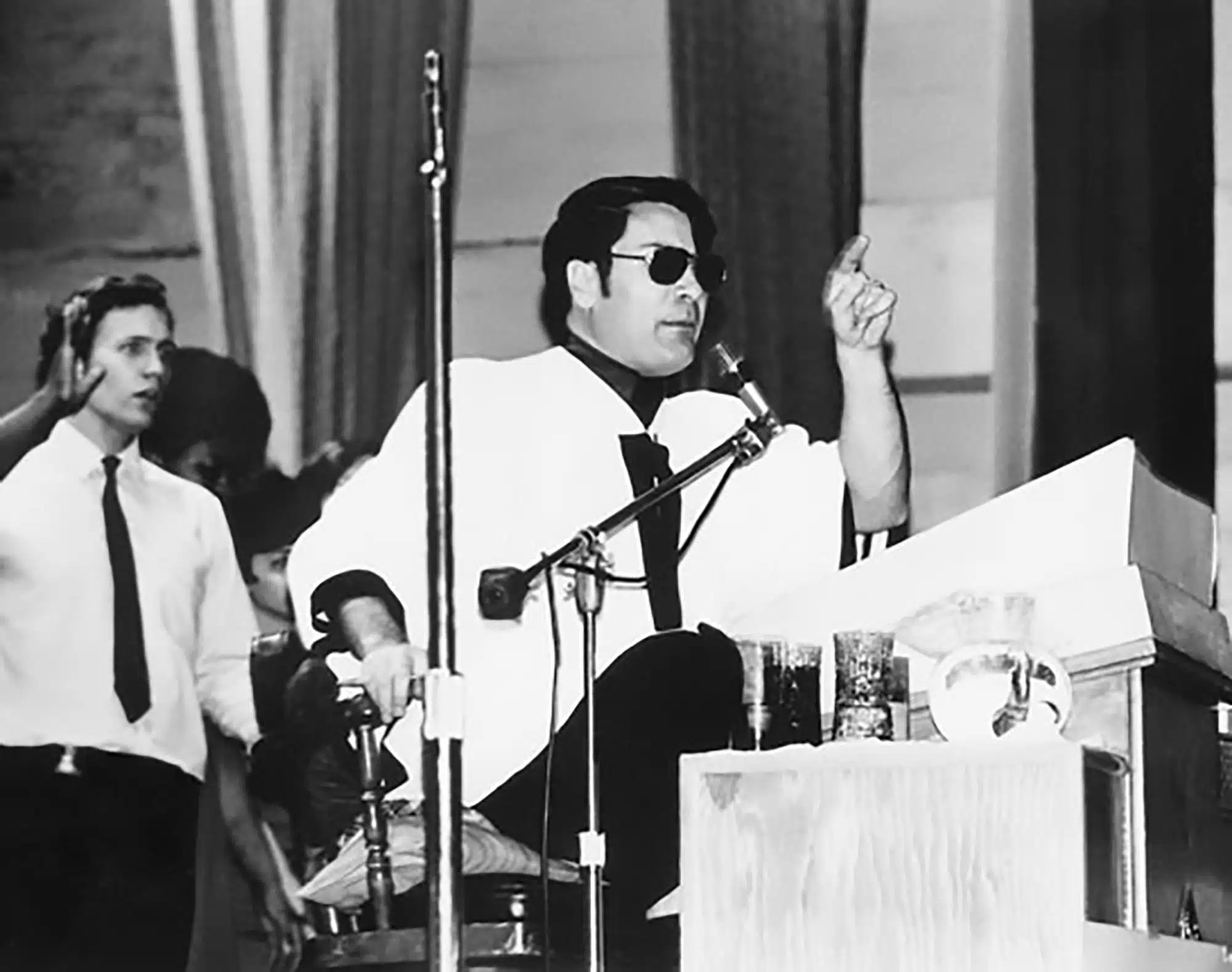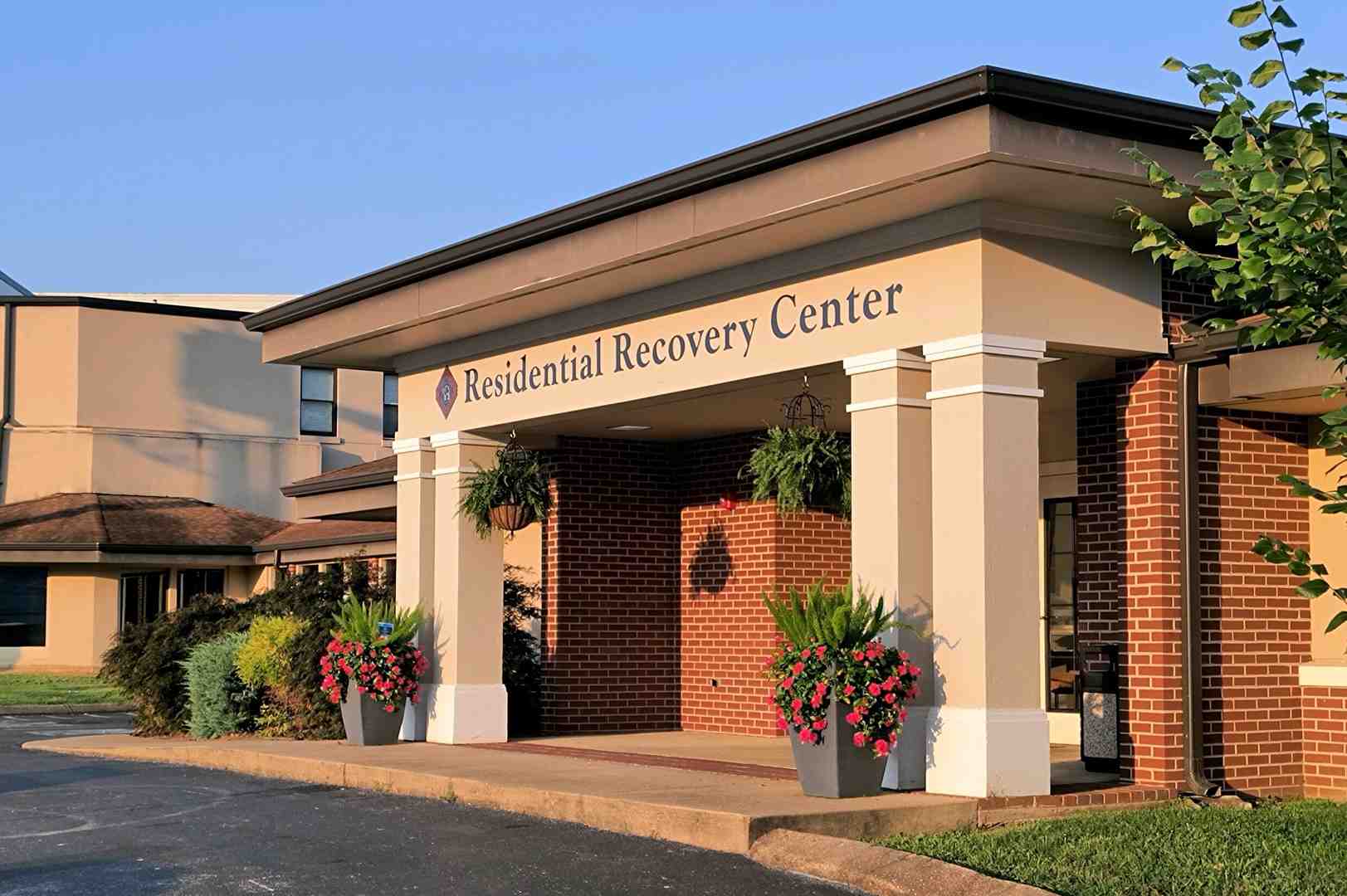
Introduction
Jim Jones, the infamous leader of the Peoples Temple, is one of the most controversial figures in modern history. Best known for orchestrating the 1978 mass suicide of over 900 of his followers in Jonestown, Guyana, Jones is often associated with manipulation, mind control, and disturbing acts of violence. Throughout his life, Jones claimed to be a savior and a religious figure, gaining the trust of thousands of people. However, as his influence grew, so did his dark tendencies, including controlling behavior, paranoia, and questionable use of power.
One aspect of Jones’s life that has been questioned is his relationship with drugs. Many have speculated about whether Jim Jones himself was addicted to drugs, whether he used drugs to control others, or if drugs played a role in the eventual tragedy of Jonestown. This article will explore Jones’s potential drug use, how substances may have influenced his leadership, and the broader implications of drug addiction in his rise and downfall.
Call Now – Your Journey to Recovery Begins Today!

Take the first step towards a healthier life! Call now to connect with our compassionate team and start your recovery journey today. Your path to healing awaits!
Our recovery specialists are available 24/7 to provide support, and all calls are confidential and free. Reach out anytime – we’re here to help!
24/7 Free & Confidential Addiction Support – Call NowWho Was Jim Jones?
Jim Jones was born on May 13, 1931, in Crete, Indiana. He founded the Peoples Temple in 1955, a religious organization that initially focused on social justice, racial equality, and helping the poor. Jones’s ability to captivate large audiences quickly gained him followers, and by the 1970s, the Peoples Temple had expanded internationally, with branches in California, as well as a compound in Guyana.
However, the true nature of the Peoples Temple became evident as Jones’s behavior became increasingly erratic. His message shifted from religious salvation to total control over his followers. In 1978, after the world learned of the abuses happening at Jonestown, Jones led over 900 of his followers in a mass suicide, a tragic event that remains one of the darkest chapters in modern history.
Was Jim Jones a Drug Addict?
While there is no definitive evidence to confirm that Jim Jones was addicted to drugs, there are numerous reports that suggest he had a complicated relationship with substances. Jones’s behavior, particularly in the years leading up to the Jonestown massacre, raises questions about his potential use of drugs, either recreationally or as a tool to manipulate his followers.
Drug Use in Jim Jones’s Early Years
Jim Jones’s early years were marked by a fascination with religion, power, and control. As the leader of the Peoples Temple, Jones began by advocating for racial equality and social justice. However, as his influence grew, so did his paranoia and need for control.
In the early 1970s, Jones’s behavior began to shift. Reports from former followers suggest that Jones began using drugs more regularly, including amphetamines, barbiturates, and even LSD. There are accounts from former members of the Peoples Temple who claim that Jones would use these drugs during religious services or to maintain his energy and control over his followers.
One of the drugs that Jones was reported to use was amphetamine, a stimulant that could provide increased alertness and energy. It is speculated that Jones used amphetamines to maintain his high-energy persona, especially during the late hours when he would hold long sermons or sessions with followers.
Control Through Drugs in Jonestown
Jim Jones’s behavior as a leader of the Peoples Temple became increasingly erratic. As the group moved to Jonestown, Guyana, in 1977, some former members have stated that Jones’s drug use escalated. Jonestown was isolated and harsh, and Jones’s hold over his followers was marked by both fear and psychological manipulation.
There are several reports that suggest Jones used drugs as a means of control. Members of the Peoples Temple were often subjected to “administration” of substances, which were used to either induce compliance or subdue dissent. It is believed that Jones gave followers drugs, possibly including tranquilizers, to keep them subdued and prevent rebellion. Some have suggested that Jones even used drugs to “test” the loyalty of his followers, making them dependent on him for access to the substances.
Jones’s infamous “white night” exercises in Jonestown also involved forced drinking of a concoction, rumored to be flavored cyanide mixed with Kool-Aid or another beverage. While this event was meant to test the loyalty and obedience of his followers, it has been argued that Jones’s frequent use of drugs, including alcohol, played a role in his increasingly paranoid and violent behavior.
The Impact of Drug Use on His Leadership
Jim Jones’s increasing reliance on drugs during his time in Jonestown is believed to have exacerbated his mental state and decision-making abilities. His use of substances may have amplified his feelings of paranoia and his erratic behavior. The leader’s mental instability, coupled with his addiction or misuse of substances, contributed to a breakdown in judgment and further alienated his followers.
Some have speculated that Jones’s drug use led him to believe that he was invincible, which is often a symptom of addiction. He became convinced that his actions were justified, even as his followers began to experience the harsh conditions of life in Jonestown. The drugs may have contributed to his sense of control, allowing him to manipulate the minds of others.
Find Hope and Healing: Call Us Now!
Take the first step towards a brighter future! If you or a loved one is seeking support for substance abuse, we are here to help. Call us today and let our dedicated team guide you to the right treatment options. Your path to recovery starts now!
- Connect with an expert addiction specialist 24/7/365
- Learn about treatment costs
- Arrange fast access to a treatment program
Request a Call
OR
Make a Call
Was Jim Jones a Drug Addict or a User?
While there is no concrete evidence that Jim Jones was a full-fledged drug addict, his behavior strongly suggests that drugs were a significant part of his life during the later years of his leadership. It’s possible that Jones used substances to cope with the immense pressure of his role as a leader, to maintain his energy levels, or to enhance his sense of control over his followers.
Jones’s potential addiction to drugs cannot be ruled out entirely, given the accounts from former followers who claimed that he used various substances during his time in Jonestown. However, it’s equally plausible that Jones’s behavior was driven by power, manipulation, and mental health issues, with drugs serving as a tool to further those ends.
The Role of Drugs in the Jonestown Massacre
The Jonestown massacre remains one of the most tragic events in history, and drugs played a role in its execution. Although Jones’s followers were coerced into participating in the mass suicide, many believe that the combination of Jones’s leadership, his manipulation of his followers, and the use of drugs created an environment where the mass death was seen as a form of “sacrifice” to the cause.
The psychological control exerted over the followers, combined with the physical drugging, created a situation where Jones was able to convince over 900 people to commit suicide. Whether or not Jones himself was an addict, his use of drugs as a tool to control others contributed significantly to the horrific events at Jonestown.
Signs of Drug Addiction in Jim Jones
While there may not be clear evidence that Jim Jones was a drug addict, several signs of addiction were evident in his behavior:
- Increased paranoia: As Jones’s drug use escalated, so did his paranoia. He became increasingly distrustful of others and more isolated, making decisions that further isolated him from reality.
- Erratic behavior: Jones’s actions became increasingly erratic, particularly as he became more dependent on substances. His speeches and public appearances were often incoherent or filled with delusional ideas.
- Mood swings and violence: There were noticeable mood swings in Jones’s behavior, ranging from calm and composed to highly volatile. This instability mirrored the behavior of many individuals struggling with addiction.
Conclusion
While Jim Jones’s life and actions may not clearly point to drug addiction, it’s apparent that his relationship with substances played a significant role in his leadership style and his eventual downfall. His use of drugs to maintain control, manipulate his followers, and enhance his sense of invincibility all suggest a complex relationship with addiction or dependency.
Call Now – Your Journey to Recovery Begins Today!

Take the first step towards a healthier life! Call now to connect with our compassionate team and start your recovery journey today. Your path to healing awaits!
Our recovery specialists are available 24/7 to provide support, and all calls are confidential and free. Reach out anytime – we’re here to help!
Ultimately, whether Jones was addicted to drugs or simply used them as a tool of power is less important than the broader implications of his behavior. Jones’s addiction to power, control, and influence ultimately led to the tragic loss of hundreds of lives in Jonestown. Understanding the potential role that drugs played in his life is critical in analyzing how substances can exacerbate an individual’s flaws, making them more dangerous and destructive.
For those struggling with addiction, it’s important to seek help and support. Addiction, whether to drugs, alcohol, or power, can have devastating effects on one’s life and the lives of others.
Was Jim Jones addicted to drugs?
What drugs did Jim Jones use?
Did drugs contribute to the Jonestown massacre?
How did Jim Jones use drugs to control his followers?
Was Jim Jones’s behavior a result of drug addiction or mental illness?
Our helpline is 100%
free & confidential
If you or someone you care about is struggling with drug or alcohol addiction, we can help you explore your recovery options. Don’t face this challenge alone—seek support from us.
Programs
Resources
Will my insurance
cover addiction
treatment?
We're ready to help
Find the best
drug or alcohol treatment
center
Are you or a loved one struggling with addiction? Call today to speak to a treatment expert.












